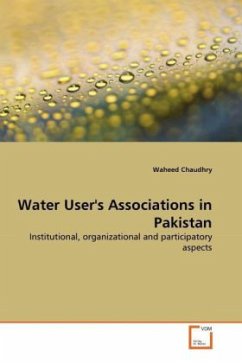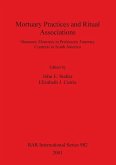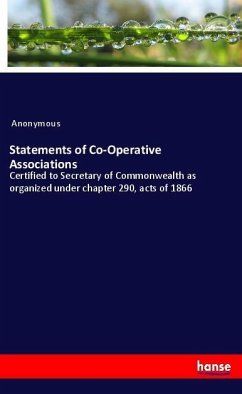The study conducted in Pakistan's Punjab deals intensively with the prevailing contingencies which may support or hinder farmer's participation in Water Users' Associations for the management of irrigation water. The changes in management of irrigation water at the watercourse level through active participation of the water users were examined on the basis of an empirical survey. The main aim of the study was to identify prevailing formal and informal methods for the management of irrigation water at farm level through active participation of the water users. The institutional, socio-political and cultural factors were considered to be the basic influences within the context of irrigation water management which determine the structure and efficiency of WUAs. The socio-economic regulatory patterns such as family, caste and 'biraderi', as primary social units, are playing a dominant role in determining the direction and extent of activities of the WUA. In addition, the physical as well as the social environment surrounding the water users have a great impact in shaping the collective actions for the management of irrigation water.








